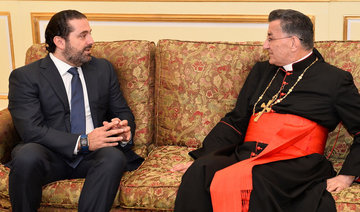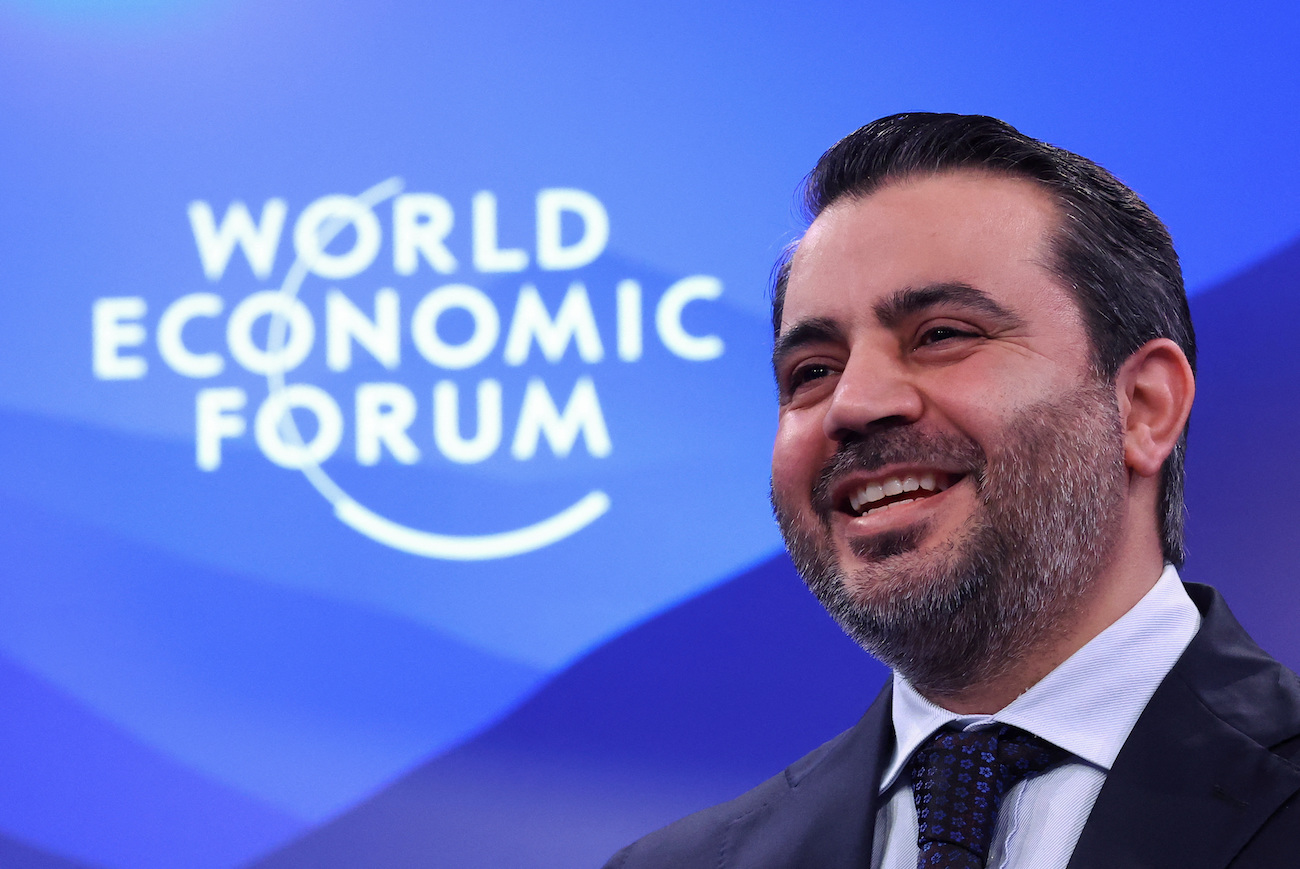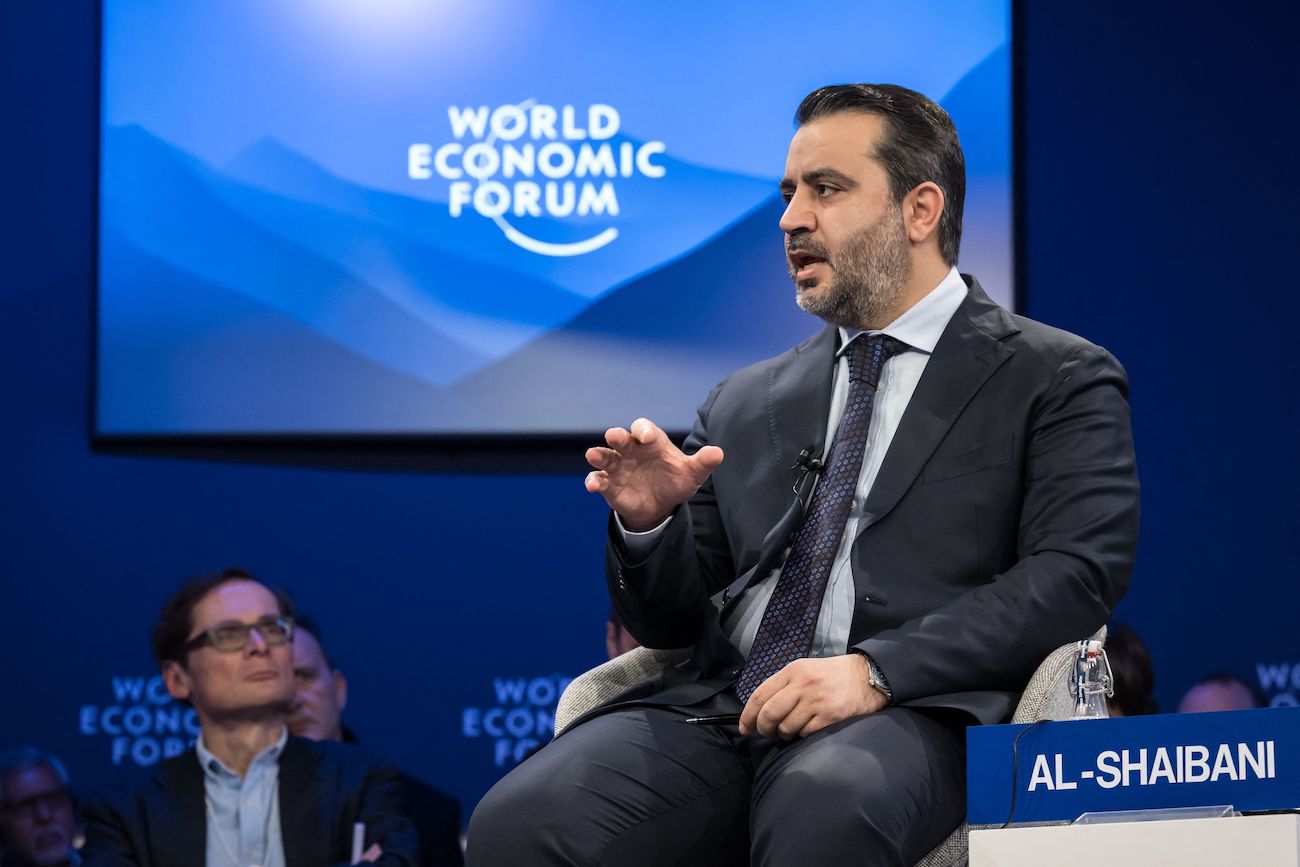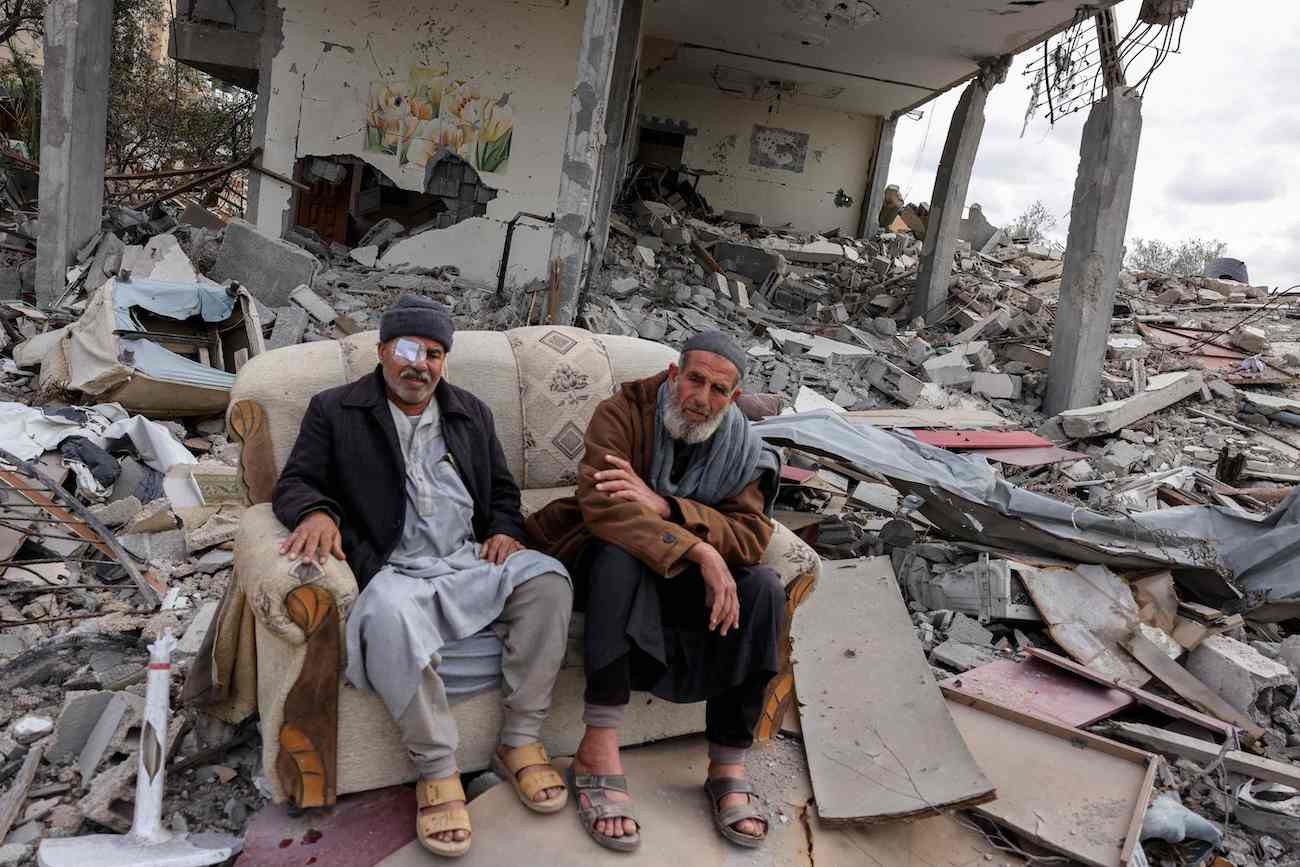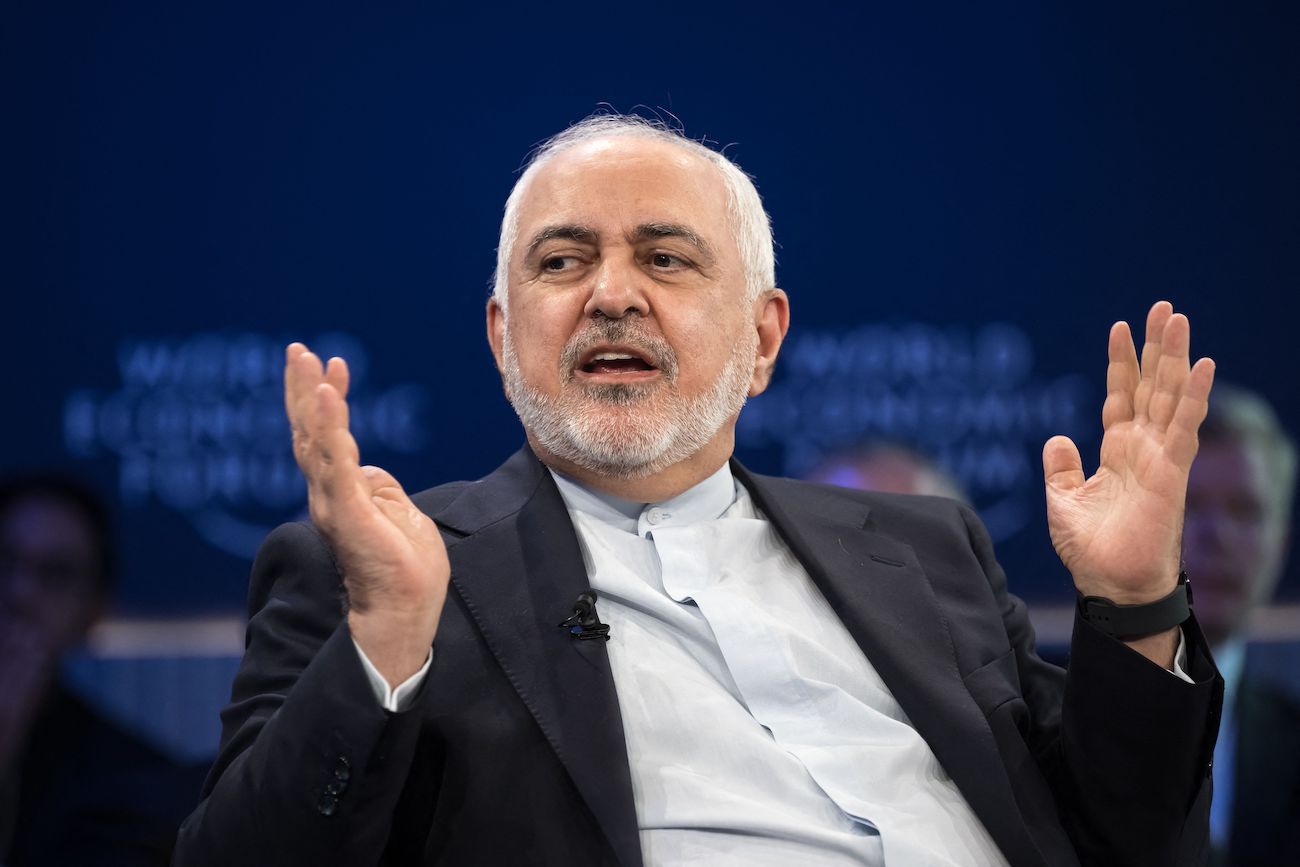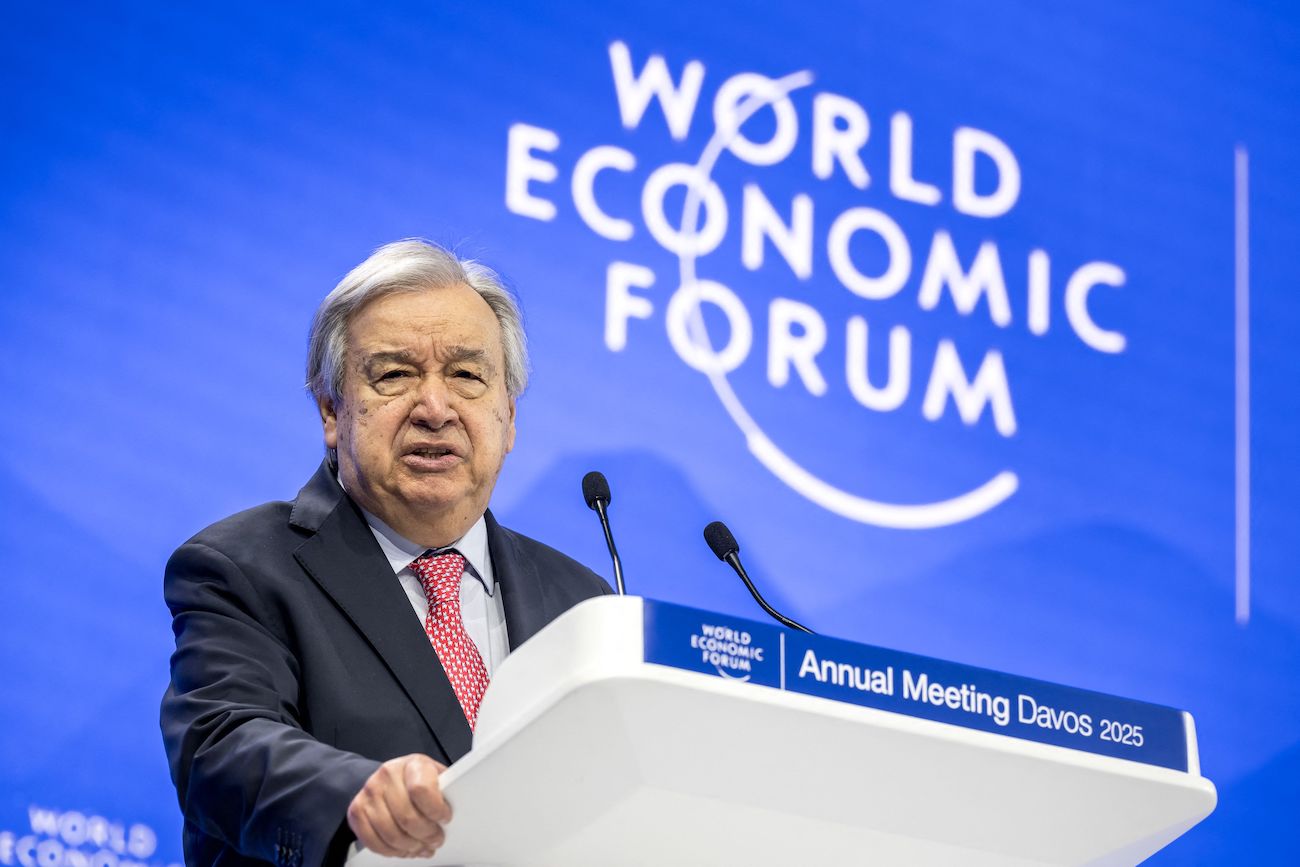BEIRUT: In his second tweet in less than 24 hours, Lebanese Prime Minister Saad Hariri confirmed again that “he is doing really, really well and he will return to his beloved Lebanon soon, as he had promised.”
Hariri’s stay in Riyadh for the 12th day after the announcement of his resignation from there has raised many questions in Lebanon, although Hariri had insisted in a televised interview broadcast live on Sunday that he wanted “his resignation to be a positive shock.” Hariri said the main reason behind his resignation was that “Iran and Hezbollah seized control of the Lebanese state.”
“We are living in circumstances that are similar to what prevailed before the assassination of Rafiq Hariri in 2005, and I sensed that something was being plotted to target my life,” he said.
Hariri’s older brother said he supports his brother’s decision to step down over the growing demands and actions of Hezbollah. In a statement from Bahaa Hariri’s office sent to The Associated Press, he accuses Hezbollah of seeking “to take control of Lebanon.” He also expressed gratitude to Saudi Arabia for “decades of support” for Lebanon’s national institutions.
Lebanese President Michel Aoun raised many questions about Hariri staying in Riyadh and not returning to Lebanon, adding that Lebanon had “taken all the necessary measures to secure the return of Prime Minister Hariri.”
Aoun called on the media to “contribute to the consolidation of national unity that was plainly manifested during the last few days.” In the framework of his consultations with political, national and economic actors, President Aoun told the president and members of the National Audiovisual Council and the owners of audio-visual media outlets, whom he received in Baabda’s Presidential Palace yesterday, that “the prime minister is being detained in Saudi Arabia for no reason and his return should be undertaken with dignity.”
Aoun reiterated that “he rejects Hariri’s resignation as long as the Lebanese PM has not returned to Lebanon, because he later has to fulfill his national duties toward his country in which he was appointed as prime minister. Everyone knows that Prime Minister Hariri is a person who fully bears his national responsibilities and it is not usual from him to commit such mistakes.”
However, President Aoun tried to lower the level of his speech’s intensity through a statement issued by former minister Elias Bou Saab after his visit to Aoun on Wednesday night. Bou Saab said that “the reason that led the President to take these positions about the PM’s detention in Saudi Arabia, stems from his keenness on the return of Prime Minister Hariri to fulfill his political and constitutional duties.”
Bou Saab, member of the Change and Reform bloc, formerly led by Michel Aoun, said that the President told him that he was keen on “protecting and preserving the Lebanese-Saudi relations from any chaos or disorder, especially as President Aoun considers that what happened to Hariri could be exploited to harm the Lebanese-Saudi relations.
“In this context, I would like to confirm that President Michel Aoun is very keen on protecting, developing and strengthening the Lebanese-Saudi relations, especially as his first official visit during his tenure was to Saudi Arabia,” Bou Saab said.
He said that Aoun “had called on the Saudi Chargé d’Affaires, Waleed Bukhari, to provide some clarifications about Hariri’s situation, circumstances of resignation and his stay abroad. Six days have passed and President Aoun has not heard back from Saudi officials, and thus the mystery about Hariri’s situation is increasing and so are the rumors about his fate.”
MP Okab Sakr, member of the Future Movement parliamentary bloc, said: “I appreciate the position of President Aoun and Lebanese leaders who are worried about PM Saad Hariri. However, he is not detained. He is in his house in Riyadh with his family, and this is something he reiterated several times.”
Sakr stressed in a statement that “Hariri will be back soon — really soon — to Lebanon and he did not set a date for his return for security purposes.”
“He can take his private jet now and fly back to Lebanon, but his return is being arranged on the political and security levels with Saudi Arabia, to avoid any negative repercussions in Lebanon,” Sakr said.
MP Fadi Karam, member of the Lebanese Forces bloc tweeted: “They insist on focusing on Hariri’s return because they had escaped their sovereign responsibilities. They object to the Saudi interference in Lebanon, conveniently forgetting the wickedness of the Iranian interference in all Lebanese issues. We can clearly see who needs to be set free.”
Mufti of Tripoli and the North Sheikh Malek Al-Chaar said that “everything addressed to PM Saad Hariri, and especially what is being said about his situation in Saudi Arabia as if he was detained or exiled, aims to target the Saudi Kingdom.” He stressed “the need to address the reasons behind Hariri’s resignation instead of its timing and place, and as soon as he gets back to Lebanon, he will reveal everything.” Chaar thought that Hariri said things as they were, during the televised interview.
The Mufti said that “the strongly worded statements against the Kingdom are not expressing their concern about Hariri’s dignity as much as they aim to make people forget about the reasons that led to the resignation. This is not in the interest of the Lebanese people. They should be thinking about the reasons behind the resignation calmly and wisely without challenging others, because we want to build a state and not to fight one another.”





